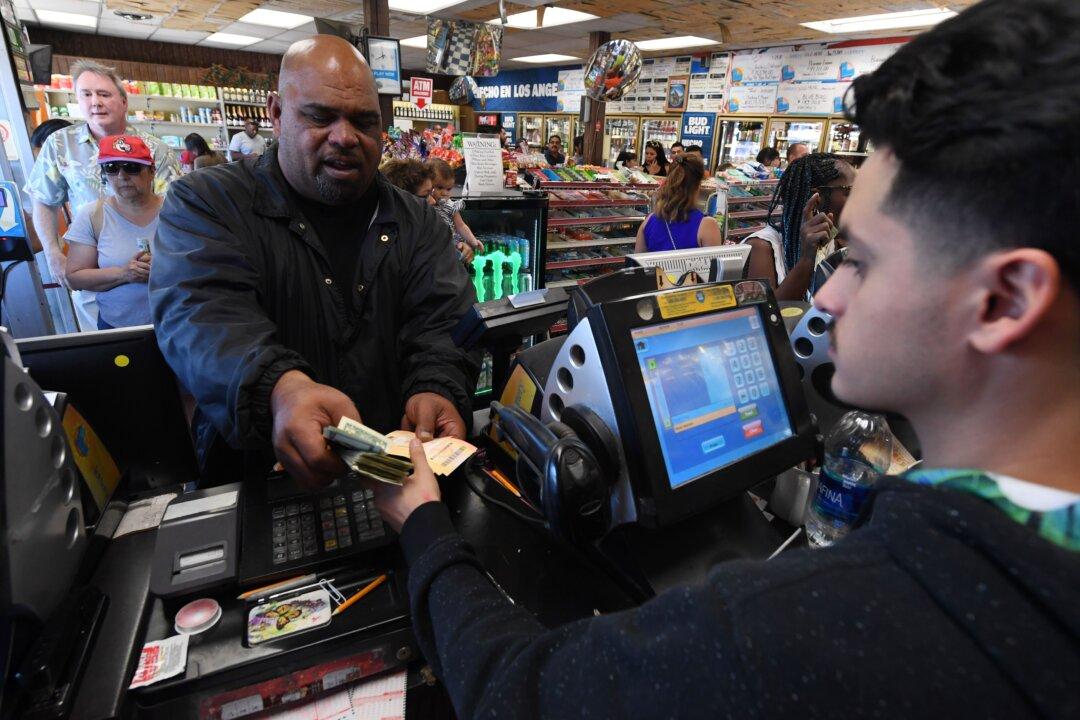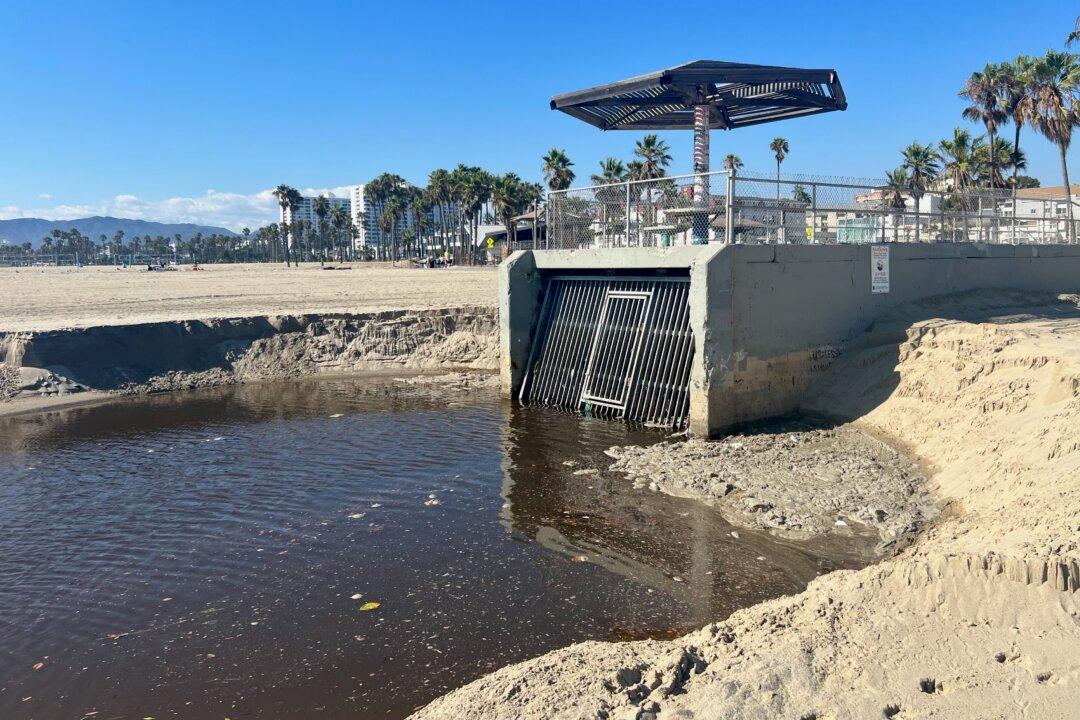While many retailers have chosen to provide the option of emailed receipts to customers in recent years, a California legislator has now introduced a bill that would discourage the use of paper receipts.
Assembly Bill 161, also known as “Skip the Slip,” would require California businesses to stop automatically giving shoppers paper receipts by the year 2022. Customers would need to ask for a printed copy if they don’t want the electronic receipt.




